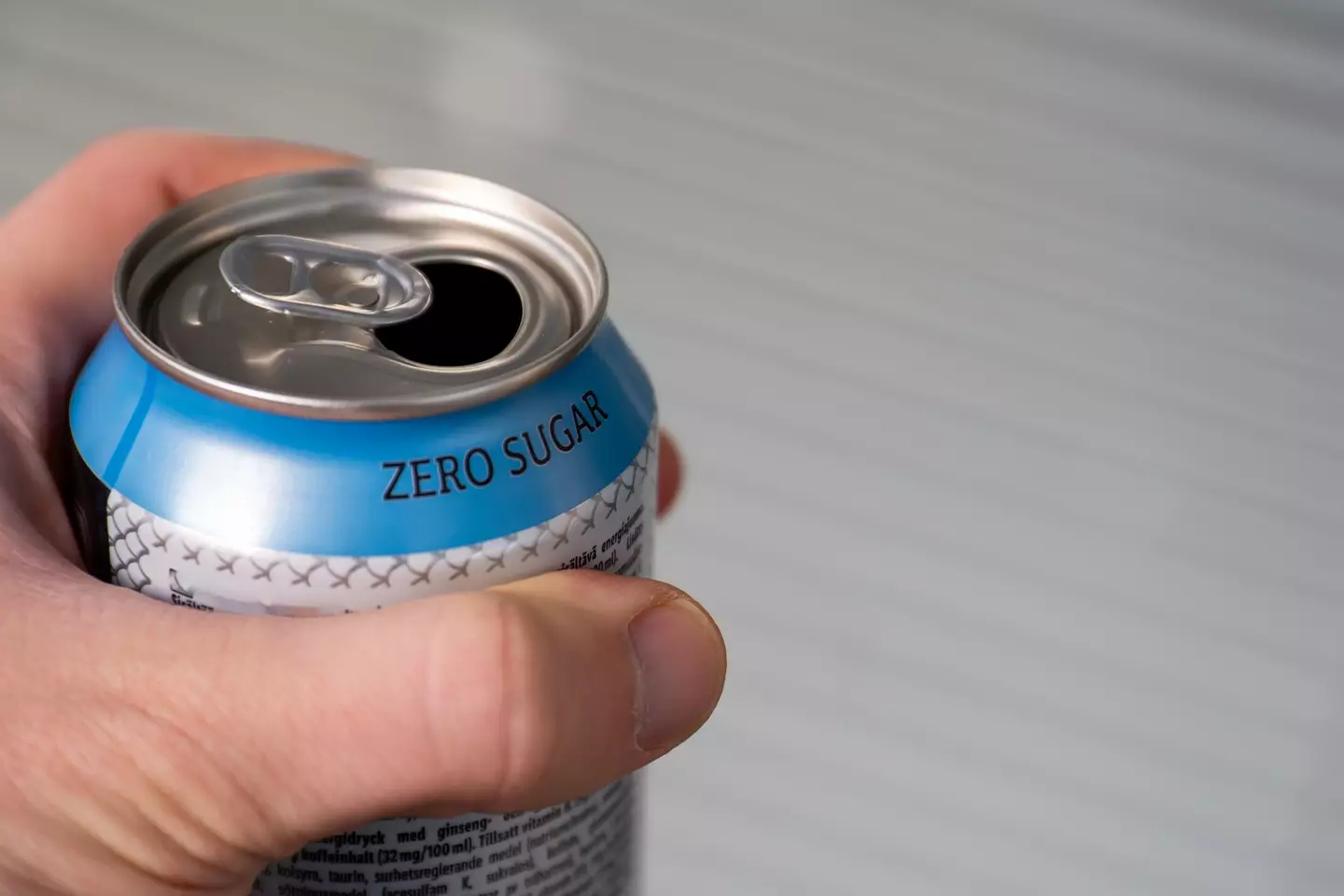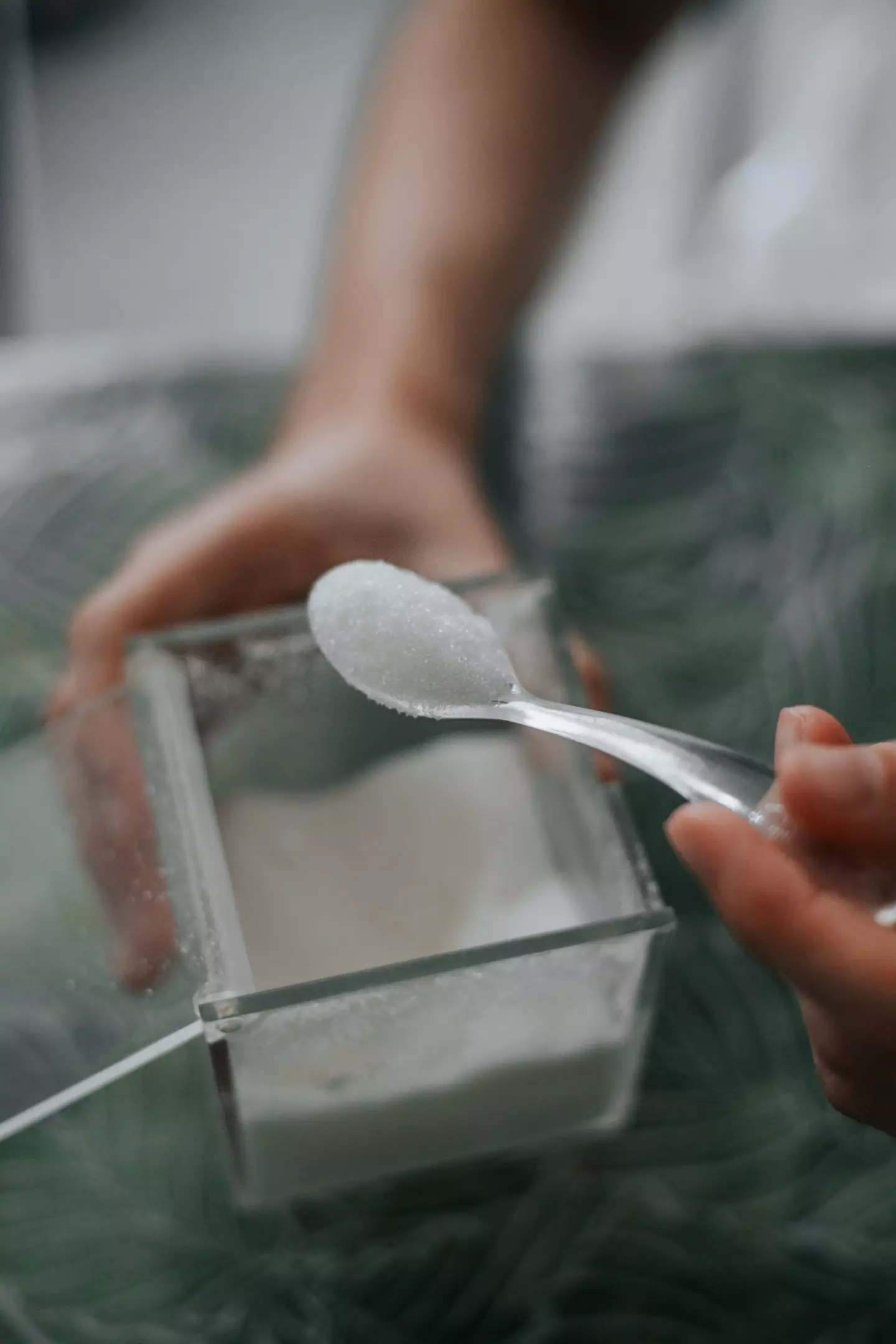A nutrition expert has highlighted the potential drawbacks of using sweeteners.
With the understanding that excessive sugar consumption can be detrimental to health, many individuals opt for sweeteners as a seemingly healthier alternative.
Despite the lower calorie content of sweeteners, this does not necessarily equate to them being beneficial for health.
Sweeteners are prevalent in a variety of foods and drinks, including desserts, diet sodas, dairy products, and jellies.
Spanish nutritionist Sandra Moñino criticized the excessive sugar content in many sodas on her Con Jengibre y Limón podcast, as reported by Mirror Online. She remarked, “A carbonated drink can contain up to 40 grams of sugar. It’s crazy.”
The World Health Organization (WHO) recommends that ‘the amount of free sugars we consume to less than 10 percent of total energy intake’ to decrease the risk of becoming overweight.
Sandra highlighted the common practice of children consuming carbonated drinks in restaurants and voiced concern over young people’s lack of deterrence from these beverages, which could lead to excessive sugar intake.
She also pointed out that ‘zero’ sugar alternatives could pose a risk.

“Zero drinks contain excessive amounts of sweeteners,” Sandra stated, according to The Mirror. “They include sweeteners that are even banned in other countries, such as acesulfame-K, aspartame, and cyclamate, which are artificial sweeteners that sweeten up to 400 or 600 times more than sugar.”
The U.S. Food & Drug Administration (FDA) reveals that Advantame, a sweetener, is a remarkable 20,000 times sweeter than sugar.
Similarly, Neotame can range from 7,000 to 13,000 times sweeter, according to the FDA. Despite this, both sweeteners are legally permitted in the United States.
However, cyclamates and their salts are prohibited. Such examples include calcium cyclamate, sodium cyclamate, magnesium cyclamate, and potassium cyclamate.

Despite the intense sweetness of some sweeteners compared to table sugar, the FDA indicates that significant amounts are required to reach the acceptable daily intake.
While Advantame is 20,000 times sweeter than sugar, the federal agency notes that one would need to consume 4,920 packets of it in a single day to meet the daily limit.
Although the FDA is not overly concerned about sweetener consumption, there are potential side effects to consider.
Research has suggested that artificial sweeteners might lead to increased consumption of high-calorie foods, potentially resulting in weight gain.
Furthermore, a study indicated that these sweeteners could raise the risk of developing Type 2 Diabetes.

